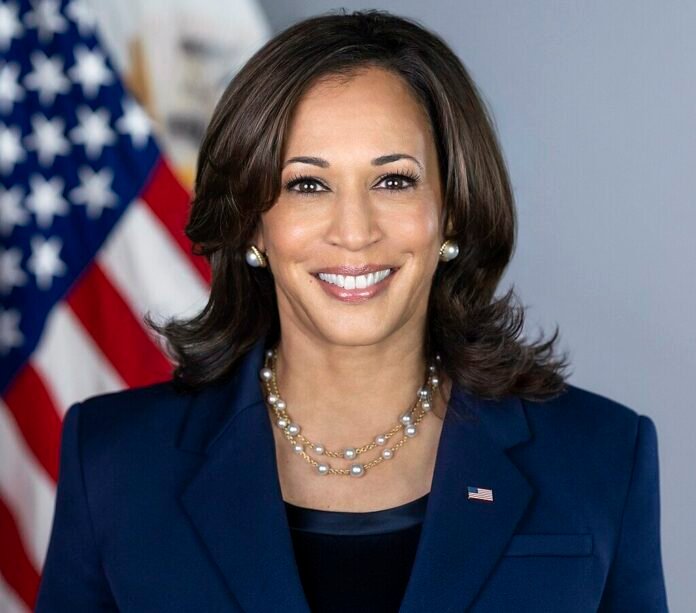Harris, Clinton, and Biden among those stripped of clearance as Trump escalates political retaliation
Donald Trump has ramped up his campaign of political retribution by revoking security clearances for Kamala Harris, Hillary Clinton, and several other prominent figures. The decision, announced on Friday night, sends a clear signal that Trump is determined to reshape the political landscape by sidelining his adversaries.
Harris, Trump’s 2024 presidential rival, and Clinton, his 2016 opponent, are the highest-profile names on a growing list of individuals denied access to sensitive government intelligence. Trump justified the move in a memo to government agencies, stating that allowing these individuals to retain clearance was “no longer in the national interest.”
The list also includes Fiona Hill, a former White House adviser who has repeatedly criticised Trump’s stance on Russia and Ukraine. This follows Trump’s earlier decision to strip security clearances from Joe Biden, former Secretary of State Antony Blinken, and ex-National Security Adviser Jake Sullivan—key figures from the previous administration.
Embed from Getty ImagesThe purge extends beyond former government officials. Liz Cheney, a Republican who opposed Trump’s return to power, has also lost her clearance. Trump has even taken aim at prosecutors who pursued legal cases against him, including Manhattan District Attorney Alvin Bragg and New York Attorney General Letitia James.
Critics argue that Trump’s actions are yet another example of his disregard for democratic norms. Traditionally, security clearances remain intact for former officials who may be called upon for consultations. By revoking them, Trump is not only punishing rivals but also reshaping how power functions in Washington.
His second presidency has already sparked concerns over constitutional limits. From proposing mass deportations to gutting federal agencies, Trump’s aggressive approach suggests he is testing the boundaries of executive authority. This latest move fuels fears that political retaliation will become a defining feature of his administration.
The White House has not provided a full rationale for the specific names targeted, but Trump’s allies argue that restricting clearance access is a necessary step to protect national security. However, his critics see it as a dangerous escalation—one that further erodes trust in American institutions.
With security clearances now wielded as a political weapon, Trump has signalled that his administration will not be one of reconciliation but of dominance. The question remains: who’s next on his list?
